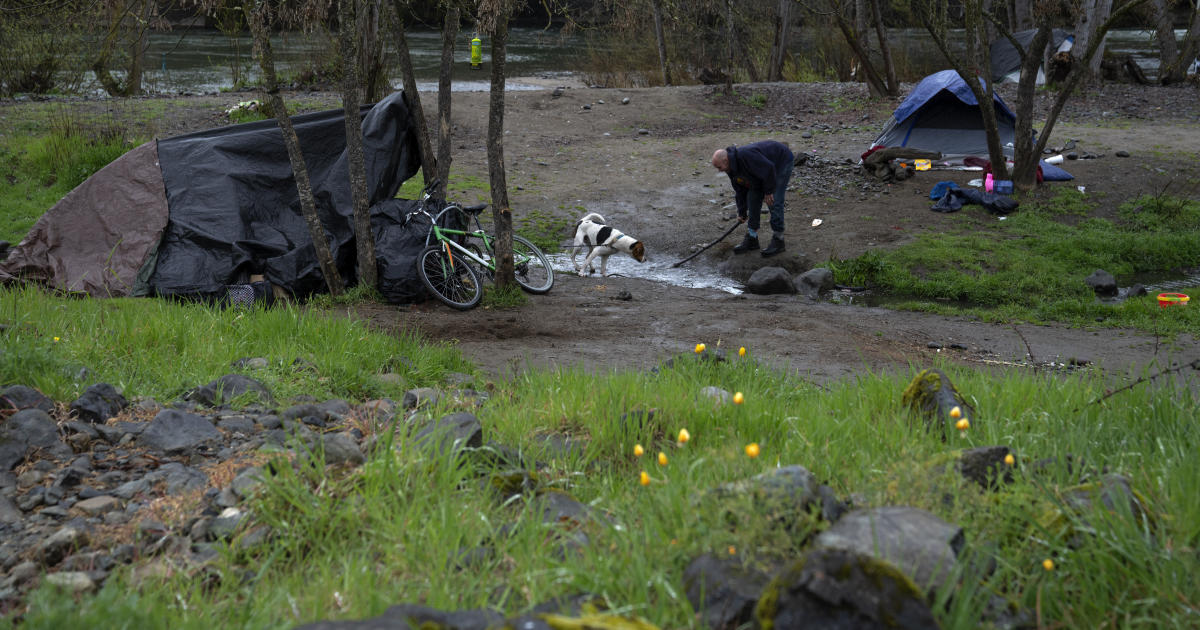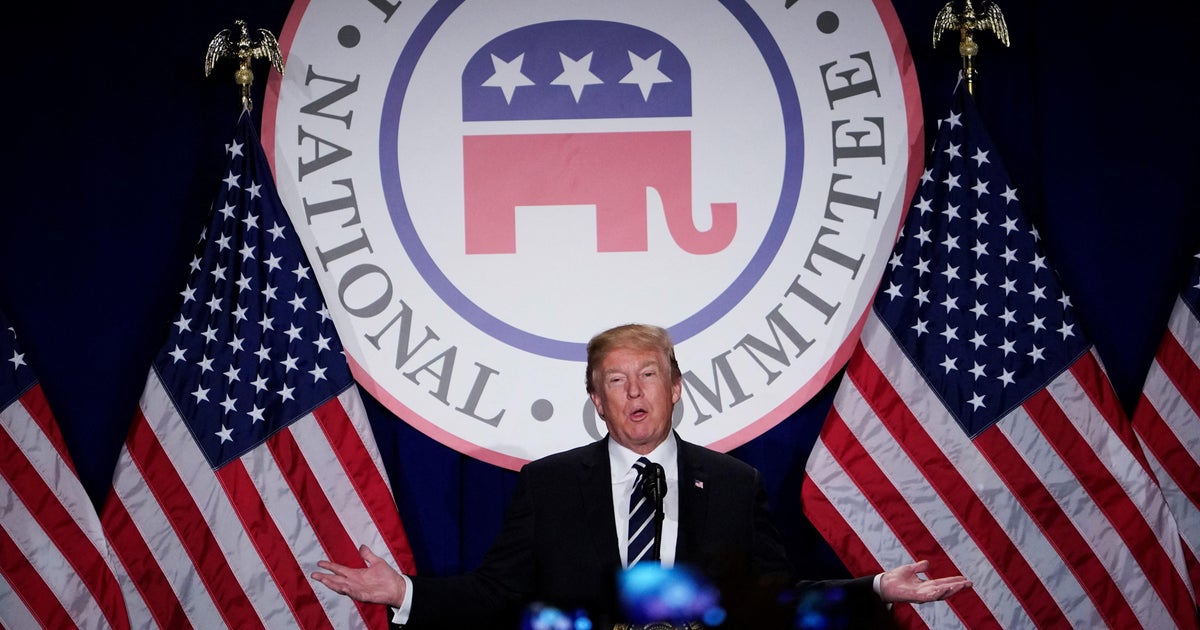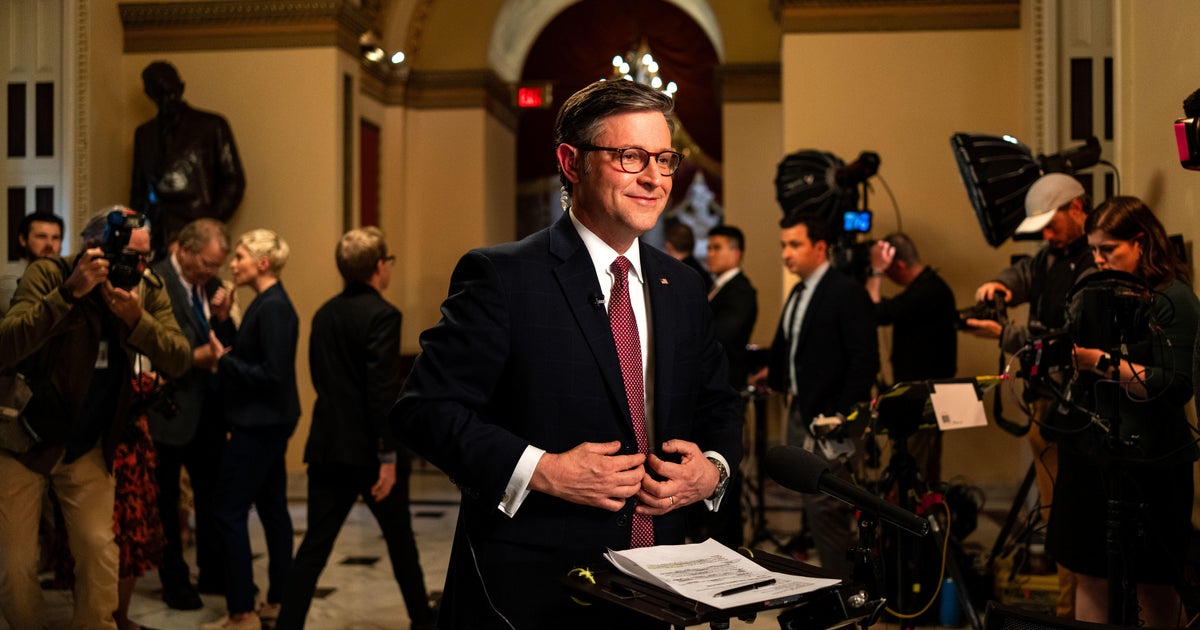Senate to debate Barrett nomination over the weekend, setting up vote Monday
The Senate on Friday took up the nomination of Judge Amy Coney Barrett to the Supreme Court, setting up a final confirmation vote by the full Senate early next week.
The Senate will vote to limit debate on Sunday afternoon, giving senators 30 hours to give their opinion of the Barrett nomination on the Senate floor before a final vote on Monday afternoon.
Senate Democrats on Friday tried to slow down Barrett's confirmation process with some procedural maneuvers, with Senate Minority Leader Chuck Schumer forcing all senators for a "live quorum call," a roll call where every senator has to declare they are present. He then called for an in-person vote to proceed with the legislative session, and forced the Senate to convene for a rare closed session to "talk face to face about what this might mean for the country."
He later tried to file several motions to delay the process, such as one to adjourn the Senate until after the election unless the White House and Speaker Nancy Pelosi reach a deal on a coronavirus relief bill. These votes failed largely along party lines.
Democrats have been slamming Republicans for pushing Barrett's confirmation so close to Election Day, after President Obama's Supreme Court nominee, Judge Merrick Garland, was denied a seat on the court in 2016. Republicans blocked Garland's nomination to fill Justice Antonin Scalia's vacant seat, arguing at the time that a Supreme Court nomination should not be considered in an election year because voters should first be able to choose the president, who would then select a justice. Scalia had died nine months before the election, and Justice Ruth Bader Ginsburg died a month and a half before the 2020 election, after some states had already begun early voting. Now, Republicans say it's appropriate to fill the vacant seat before the election, because they currently control both the Senate and the White House.
In his speech on the Senate floor, Senate Majority Leader Mitch McConnell praised Barrett as an "exceptional nominee," and argued that "every escalation has been initiated from the other side." He blamed former Democratic Majority Leader Harry Reid for invoking the "nuclear option" in 2013 to change the rules so only 51 votes would be needed to pass presidential nominees except for Supreme Court nominees. McConnell then invoked the "nuclear option" for Supreme Court nominees in 2017. He also argued Republicans had acted within the rules and within the constitution in blocking Garland's confirmation.
"Of course they didn't like it. But elections have consequences. And America chose a Republican Senate in 2014," McConnell said. Schumer hit back at McConnell in an impassioned speech, accusing him of promoting a "tit for tat convoluted version of history."
"The Republican majority is steering the Senate to one of its lowest moments in its long history," Schumer said, slamming Republicans for blocking Garland and then pushing to confirm Barrett. "You don't have the right to argue consistency when you're doing what you're doing now."
Schumer accused Republicans of "conducting the most rushed, most partisan, and least legitimate process in the entire history of Supreme Court nominations." He also noted that nearly 50 million Americans have already voted.
"The Republican majority's monomaniacal drive to confirm this justice in the most hypocritical, the most inconsistent of circumstances, will forever defile the Senate and even more importantly, curtail the fundamental rights of the American people for generations to come," Schumer said.
Barrett's nomination was advanced by the Judiciary Committee on Thursday, with all 12 Republican members of the committee voting in favor, while all 10 Democrats on the committee boycotted the vote. At their committee seats, they placed life-sized photographs of Americans who benefit from the Affordable Care Act.
Democrats argue Barrett would vote to overturn the nation's health care law, and they've raised the possibility that this could come soon, since the court is about to take up a case on the constitutionality of the Affordable Care Act days after the election. President Trump, who nominated Barrett, has repeatedly said he wants the Supreme Court to overturn the ACA.
Two Republican senators, Susan Collins and Lisa Murkowski, have expressed opposition to confirming a justice ahead of the election. Murkowski and Collins both voted against going into executive session to allow McConnell to file cloture on Barrett's nomination. However, every other Republican is expected to vote to confirm Barrett.
Barrett's confirmation would give conservatives a strong 6-3 majority on the court. Democrats have raised concerns that Barrett could be a critical vote in overturning or restricting the rights to abortion and same-sex marriage. At her confirmation hearings last week, Barrett declined to indicate how she would rule on cases pending before the court.




